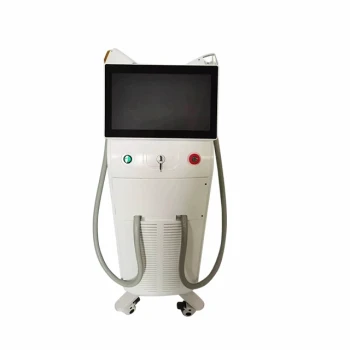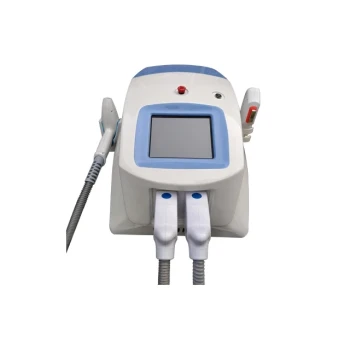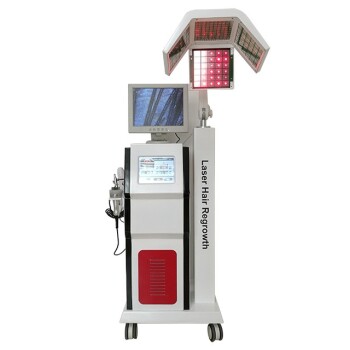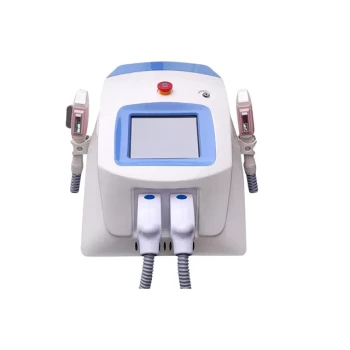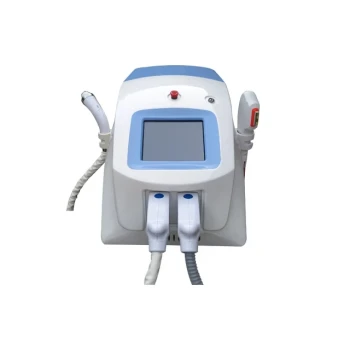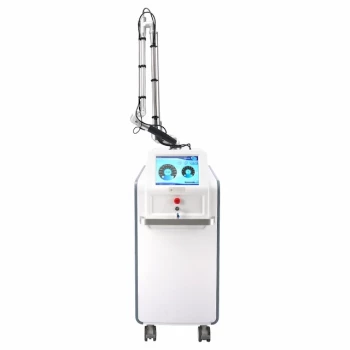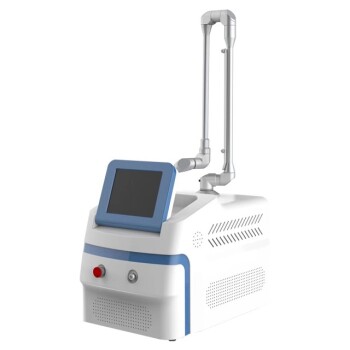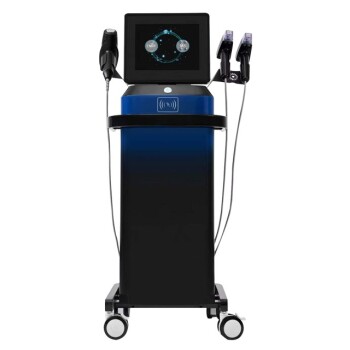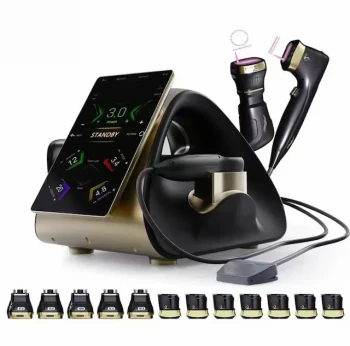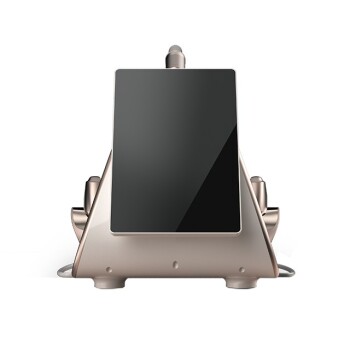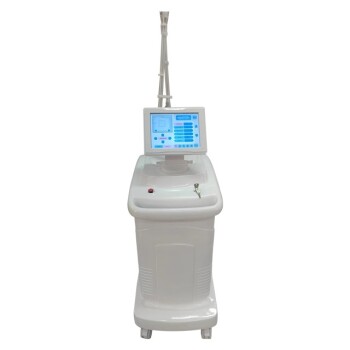While diode laser hair removal is a popular and effective technology, it is not without its disadvantages. The primary drawbacks stem from its specific mechanism of action, making it unsuitable for certain hair and skin types and introducing risks like skin irritation, burns, and inflammation, particularly when administered incorrectly.
The disadvantages of diode laser are not inherent flaws in the technology itself, but rather limitations based on its design. Its effectiveness and safety are entirely dependent on two factors: the presence of pigment in the hair and the skill of the technician operating the device.

The Core Principle: Targeting Pigment
The entire premise of diode laser hair removal is based on a principle called selective photothermolysis. Understanding this is key to understanding its limitations.
How It Works
The laser emits a highly concentrated beam of light at a specific wavelength (typically 800-810 nm). This light is absorbed by the melanin, which is the pigment that gives your hair its dark color.
When the melanin absorbs this light, it converts to intense heat. This heat travels down the hair shaft to the follicle, damaging it and inhibiting its ability to produce new hair.
The Key Limitation: Light-Colored Hair
Because the laser targets pigment, it is fundamentally ineffective on hair with very little melanin. This includes blonde, red, gray, or white hair.
The laser has no target to "see" and therefore cannot generate the heat needed to destroy the follicle.
Potential Side Effects and Risks
While generally safe when performed correctly, there are potential adverse effects to be aware of. Most are temporary and mild, but some can be more significant.
Common and Temporary Reactions
The most common side effect is temporary redness and slight swelling around the treated follicles, similar to a very mild sunburn. This typically subsides within a few hours to a day.
Some individuals may experience folliculitis, which is a temporary inflammation of the hair follicles that can look like small, red bumps or pustules. This usually resolves on its own.
The Risk of Pigmentation Changes
In some cases, the laser can affect the melanin in the surrounding skin, not just the hair. This can lead to:
- Hyperpigmentation: A darkening of the skin.
- Hypopigmentation: A lightening of the skin.
These changes are more common in individuals with darker skin tones and can be temporary or, in rare cases, long-lasting.
The Critical Trade-off: Technology vs. Technician
The single greatest factor influencing both the safety and effectiveness of your treatment is not the brand of the laser, but the person operating it.
Burns and Blistering from Operator Error
The risk of burns, blisters, and subsequent scarring is almost always due to operator error. This happens when the technician uses a power setting that is too high for your specific skin type.
An experienced, certified technician will perform a patch test and correctly assess your skin's reaction to select a setting that is both safe and effective.
The Complication of Darker Skin Tones
Diode lasers work best when there is a high contrast between dark hair and light skin. For individuals with darker skin, the laser has more difficulty differentiating between the melanin in the hair and the melanin in the skin.
This increases the risk of the laser energy being absorbed by the skin, leading to burns or pigmentation issues. While modern diode lasers have advanced cooling systems and settings for darker skin, treatment requires a highly skilled and experienced provider.
Making the Right Choice for Your Goal
To minimize risks and achieve the best results, you must match the treatment to your individual profile and choose your provider wisely.
- If your primary focus is treating dark hair on light-to-medium skin: Diode laser is an excellent option, and your main priority should be to thoroughly vet the clinic and the technician's credentials.
- If your primary focus is treating light-colored, red, or gray hair: Diode laser will be ineffective, and you should explore alternatives like electrolysis, which targets the follicle directly without relying on pigment.
- If your primary focus is treating hair on a darker skin tone: Safety is paramount. You must seek a provider with specific, proven experience and advanced equipment designed for treating darker skin types to minimize risk.
Understanding these limitations is the first step toward achieving a safe and successful hair removal outcome.
Summary Table:
| Disadvantage | Key Impact |
|---|---|
| Ineffective on Light Hair | Not suitable for blonde, red, gray, or white hair due to lack of pigment (melanin). |
| Risks for Darker Skin Tones | Higher risk of burns, blisters, and pigmentation changes (hyper/hypopigmentation). |
| Dependence on Technician Skill | Risk of side effects like burns is heavily dependent on the operator's experience and settings. |
| Potential Side Effects | Can include temporary redness, swelling, folliculitis, or longer-lasting skin color changes. |
Ensure Safe and Effective Treatments for Your Clients
Choosing the right professional equipment is the first step to minimizing risks and maximizing client satisfaction. BELIS specializes in providing medical aesthetic clinics and premium beauty salons with advanced, reliable diode laser systems and comprehensive training support.
Contact BELIS today to explore our professional-grade equipment and learn how we can help you deliver superior, safe hair removal results.
Visual Guide

Related Products
- Diode Laser SHR Trilaser Hair Removal Machine for Clinic Use
- Diode Tri Laser Hair Removal Machine for Clinic Use
- Trilaser Diode Hair Removal Machine for Beauty Clinic Use
- Clinic Diode Laser Hair Removal Machine with SHR and Trilaser Technology
- Clinic Use IPL and SHR Hair Removal Machine with Nd Yag Laser Tattoo Removal
People Also Ask
- Which is better, an IPL or a diode laser? Unlock Precision for Permanent Hair Reduction
- Can diode laser remove hair permanently? Achieve Long-Term Hair Reduction with Precision Technology
- Can diode laser permanently remove hair? Achieve Lasting Hair Reduction with Professional Treatment
- What skin type is diode laser for? Safe Hair Removal for Light to Dark Skin
- How does diode laser hair removal work? The Science of Targeting Hair Follicles

